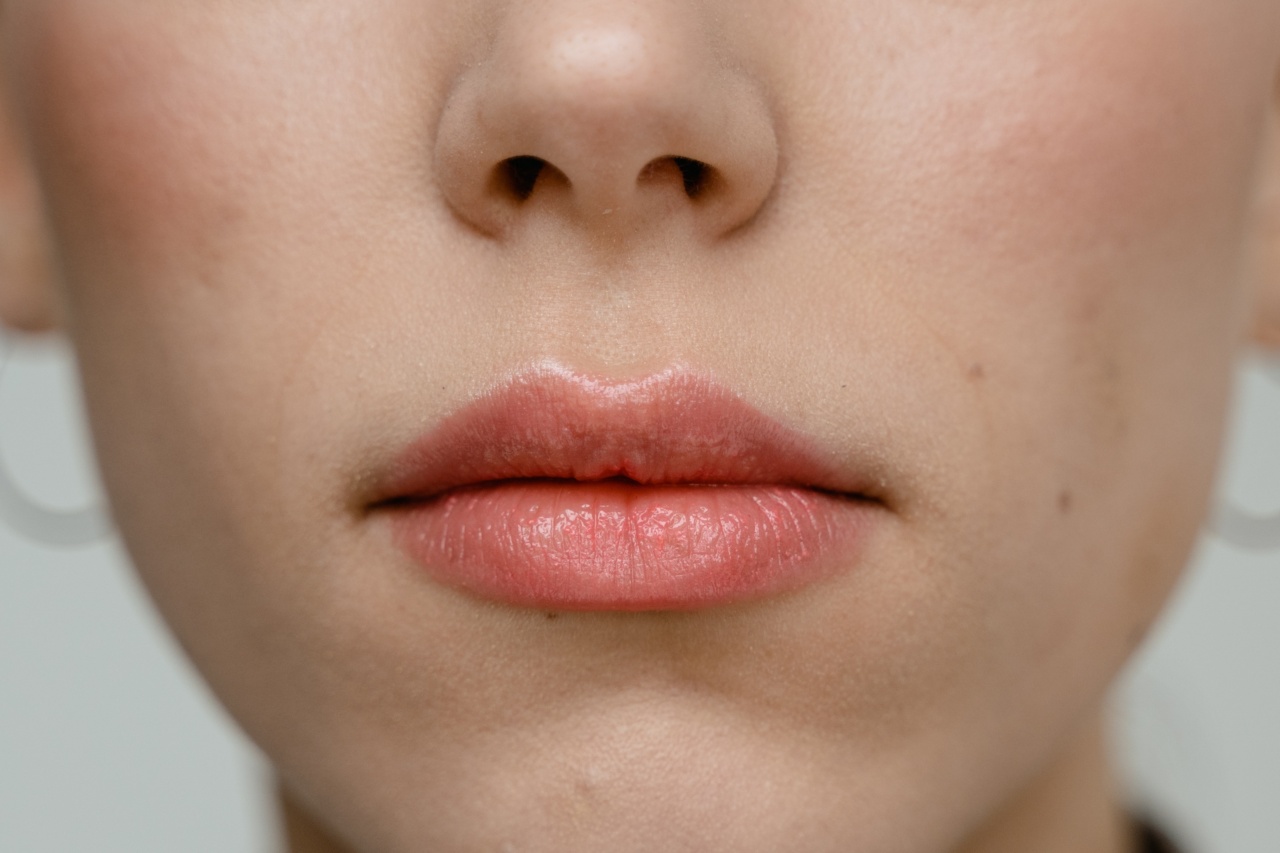Breathing is an essential function of the human body. Through breathing, our body takes in much-needed oxygen and releases carbon dioxide. However, there is a debate about whether breathing through the nose or mouth is better for your health.
In this article, we will explore the benefits and disadvantages of breathing through the nose and mouth.
Nose Breathing
Breathing through the nose is the natural and preferred way to breathe. The nose has several functions that make it an ideal organ for breathing:.
Filters the air
The nose hairs and mucus in the nostrils capture any dust, pollen, or other particles that enter the nose, minimizing the risk of airborne infections.
Warms the air
The turbinates, the structure inside the nose, are responsible for warming the air before it enters the lungs, making it more comfortable to breathe.
Moisturizes the air
The nose also humidifies the air, making it easier to breathe and preventing dryness in the mouth and throat.
Breathing through the nose has other benefits beyond filtering, warming, and moisturizing the air. Nose breathing is known to stimulate the parasympathetic nervous system, which is responsible for rest and digestion.
This stimulation helps reduce stress, lower blood pressure, and promote relaxation.
Nose breathing is also beneficial for individuals who snore or suffer from sleep apnea. Breathing through the nose helps maintain the airway’s pressure and prevent it from collapsing during sleep, reducing snoring and sleep apnea.
Mouth Breathing
The mouth is not designed for breathing, and it is only used when the nose is not an option. Here are some of the disadvantages of breathing through the mouth:.
Inefficient breathing
Mouth breathing allows the air to enter the lungs without being filtered, warmed, or moisturized, which makes the lungs work harder. This process can cause shortness of breath, oxygen deficiency, and fatigue.
Dry mouth
Breathing through the mouth causes the mouth and throat to dry out, which increases the risk of developing halitosis (bad breath), tooth decay, and gum disease.
Sleep problems
Individuals who breathe through their mouths during sleep often experience sleep disturbances, such as snoring and sleep apnea, which can negatively affect their overall health and well-being.
Breathing through the mouth is not always avoidable, and it may be necessary in certain circumstances, such as during physical exercise or when the nose is congested due to a cold or allergies.
However, mouth breathing should not be permanent, and it is advisable to seek medical help if mouth breathing persists.
The Bottom Line
Nose breathing is the natural and preferred way to breathe, as it filters, warms, and moisturizes the air before it enters the lungs.
In contrast, mouth breathing is an inefficient process that can cause various health problems, including sleep disturbances and dry mouth.
It is essential to seek medical help if mouth breathing persists to determine the underlying cause and find appropriate treatment.
In general, incorporating lifestyle changes such as regular physical exercise, maintaining proper hydration and sleep hygiene, and avoiding allergens can help prevent mouth breathing and promote overall health and well-being.































